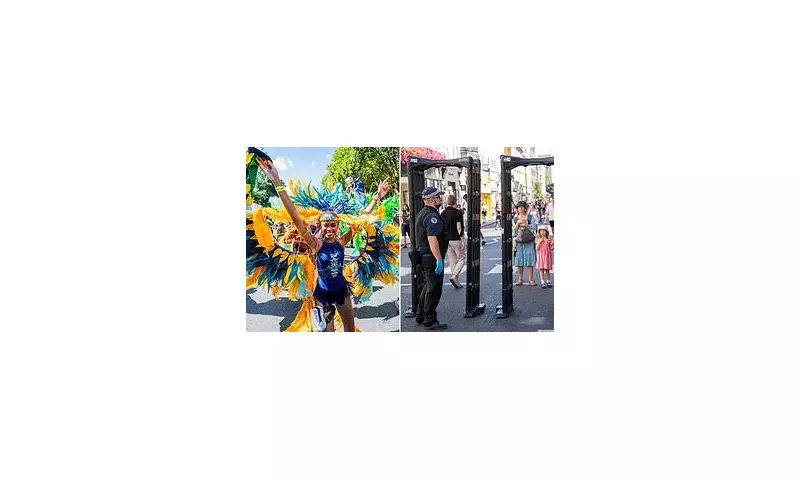
The iconic streets of Notting Hill, usually pulsating with the vibrant sounds and colours of Europe's largest street party, were this year also watched by the unblinking eyes of live facial recognition (LFR) technology. The Metropolitan Police's deployment of the controversial surveillance system has ignited a fierce debate over the balance between public safety and personal privacy.
The operation resulted in 45 arrests over the two-day carnival for a range of offences, including possession of offensive weapons and drugs. The police hailed the tactic a success, stating the LFR cameras, mounted on a specially equipped van, were used in specific locations to target individuals wanted for serious violence.
A 'Dystopian' Surveillance Tool?
However, the move was met with immediate and stern criticism from civil liberties organisations. Big Brother Watch condemned the deployment, labelling the technology "dystopian" and accusing the Met of turning the carnival into a "surveillance zone." The group argues that LFR represents a gross violation of privacy and freedom of assembly, effectively treating every attendee as a suspect in a digital police line-up.
Emmanuelle Andrews of Liberty echoed these concerns, stating, "This intrusive mass surveillance tool... threatens our rights to privacy and freedom of assembly and expression." Critics point to the technology's potential for bias and error, fearing it could lead to misidentification and unnecessary confrontations.
The Police Defence
The Metropolitan Police defended its strategy, emphasising that the use of LFR was intelligence-led and narrowly focused. A statement clarified that the technology is used solely to spot individuals on pre-determined watchlists who are wanted for serious crimes. The force asserts that all other facial data captured from the public is instantly deleted, never stored, and used only for the purpose of comparing against the watchlist in real-time.
This incident marks a significant moment in the UK's ongoing conversation about policing and technology. As public events become new frontiers for surveillance tech, the clash between security measures and civil liberties is set to become increasingly prominent. The aftermath of this year's carnival will undoubtedly fuel further legal and ethical challenges to the use of live facial recognition in public spaces.





